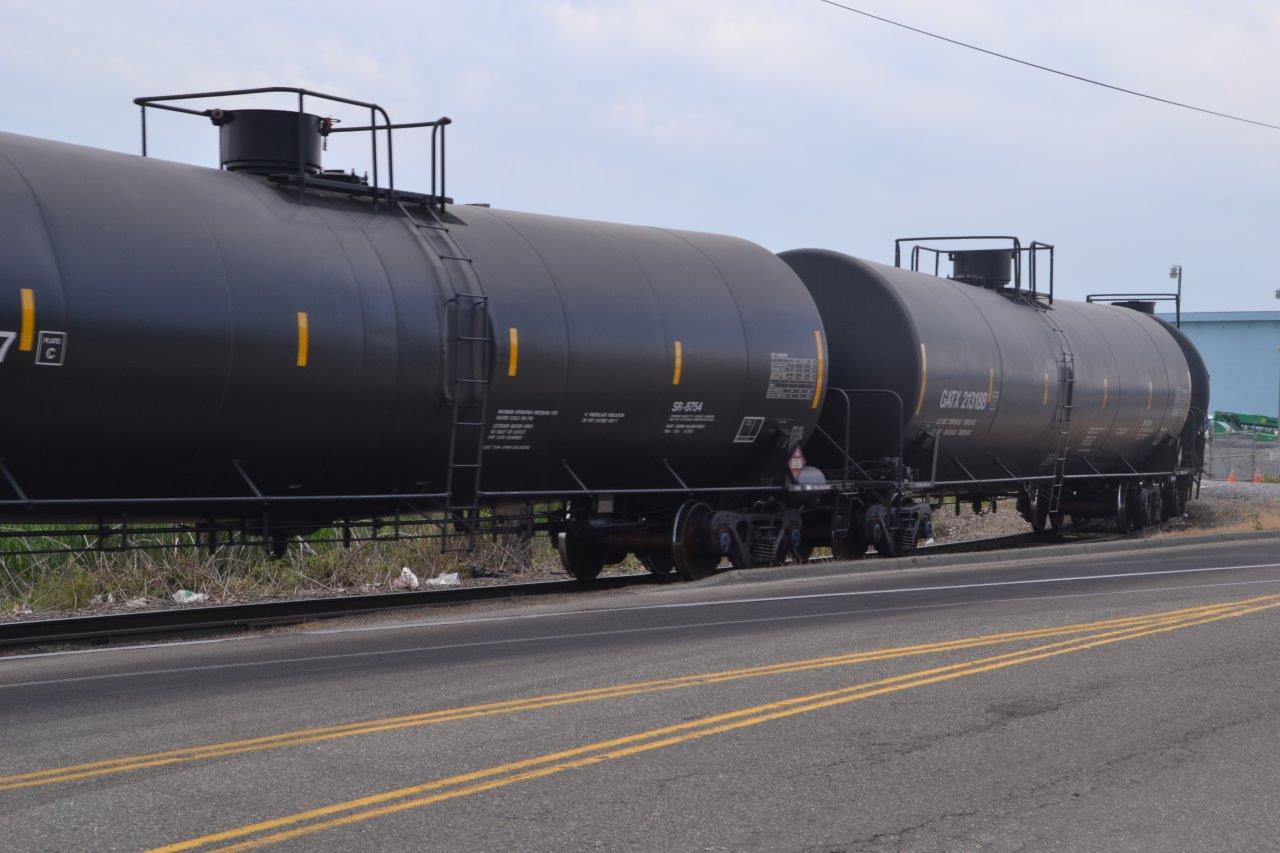Knowing when, where and what kind of oil is transported across Washington state is critically important to first responders when a spill happens. This key information allows responders to better prepare for and respond to oil spills and other incidents.
Washington state has reporting standards for facilities that receive crude oil by rail and pipelines that transport crude oil through the state. At the direction of the Legislature, the Department of Ecology is updating these rules and seeking public input.
Ecology’s proposed rule amendments would:
- Expand advance notice reporting requirements for facilities that receive crude oil by rail to include type and vapor pressure.
- Expand biannual notice requirements for pipelines to include type and gravity.
- Describe how required information will be provided to the Utilities and Transportation Commission.
- Make other corrections and changes to clarify language.
Updating the standards will help Ecology and other emergency responders better understand how oil is moved across the state and better assess potential impacts from a spill. The information also will help determine where and what additional prevention and preparedness measures are needed.
Last year, the Legislature passed two bills (ESHB 1578 and ESSB 5579) calling on Ecology to expand the reporting requirements first established in 2016.
For public health and safety tied to COVID-19, Ecology is hosting three public hearings by webinar. For information about hearing dates and times, visit Ecology’s website.
Those unable to attend the hearings can submit comments online or by mail to Kim Morley, Department of Ecology, Spill Prevention, Preparedness, and Response Program, P.O. Box 47600, Olympia, WA 98504-7600. Comments on these changes will be accepted through Nov. 1, 2020.
###


